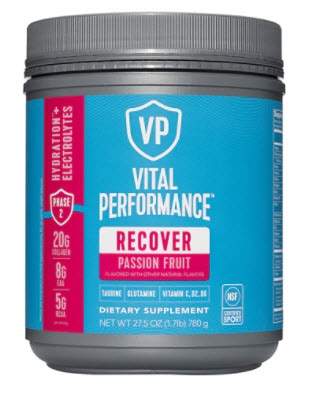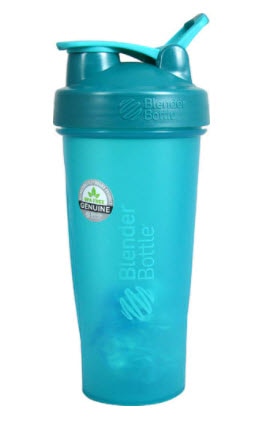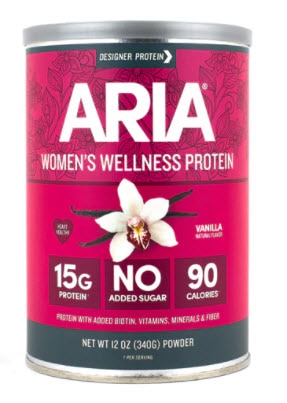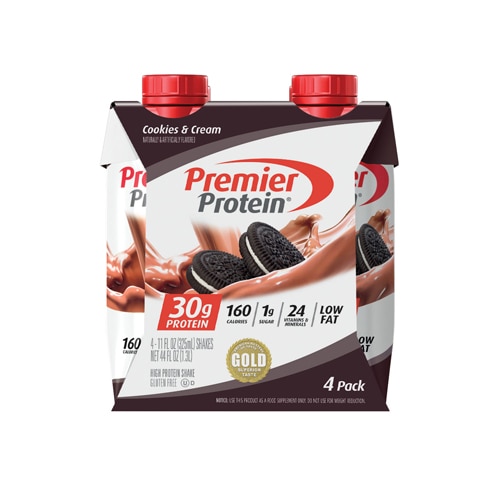Pacing yourself during physical activity is smart to ensure that you don't burn out, overtrain, or suffer an injury. Beyond that, pacing is vital in training sessions to ensure that you can finish strong. The same especially holds true when you are competing in a race or fitness event.

What is pacing, and why does it matter?
Pacing is essentially a strategy that you use to distribute your energy throughout your entire bout of physical activity. Being cognitively aware of how much you are physically exerting yourself will keep you in touch with signs of fatigue and allow better control of performance.
Properly controlling your pace during your physical activity can help you prevent working so hard that you're unable to complete your training in the next session. Pacing allows you to avoid injury while still adding those precious extra miles, reps, or lowering your time in a race.
Runners, for example, often experience injuries that prevent them from training maximally. Approximately
20 to 80% of runners experience injuries, and the majority of runners
endure pain more significant than the average muscle soreness expected from physical exertion. Injuries and pain are often
due to overuse, caused by not correctly pacing your training sessions.
Indeed, pacing is the secret sauce for being able to improve your performance week over week. Pacing allows you to connect your body to your mind to control the outcome of your training.
How to find your proper pace
Although it is essential to listen to your body during any training session, there are some general guidelines for finding your pace.
There are even
online calculators to help you find your run training pace. You enter your most recent race time, and the calculator will show you how fast to run during your training week.
For instance, the calculator will show you how to run at a comfortable pace based on your race time. Most exercise physiologists encourage runners to train at an easy pace for 80 to 90% of their weekly training to build their aerobic endurance and physical strength while still allowing recovery.
These types of calculators are a good jumping-off point, but of course, you should always listen to your body, whether it's telling you that you can work a little harder or back off in intensity.
Tips for adjusting your pace
You can adjust your pace in real-time by simply following the physical cues your body gives you to tell you where you are within the ventilatory threshold (VT). This is a commonly used method for determining your training intensity based on your breathing in connection to your heart rate.
- Below VT1: You should be able to hold a conversation during easy training, whether that be runs, lifting, walking, swimming, etc.
- VT1: For a moderate pace, you should be able to speak, but it requires some effort
- Above VT1/Below VT2: For intense exercise, you might be able to get out some sentences, but it doesn't feel comfortable.
- VT2: For maximally intense exercise, which would be limited to a few seconds, speaking is tough, only a few words at a time with great effort
How to pace yourself for improved training
No matter if you are swimming, running, lifting weights, or performing a HIIT workout, being aware of your training pace can help you tap into new methods that challenge your body, help you progress, and keep you injury-free. Here are some pacing ideas for your next workout:
- Alternate different paces depending on your workout: visualize how fast or slow you would go depending on how much time you plan on training. For example, if during a 30-minute workout, you will sprint for 2 minutes and then rest before sprinting again. Or if you will do a 30-minute steady run. Keep this in mind while you train and try alternating workout intensities and pace on different training days. Record your results.
- However fast you think you should go, go a little slower: people often overestimate how much energy they can exert over a period of time. Many people start more intensely than they can carry out through their workout. Try starting easier than you think you need to and then ramping up the intensity in the middle of your activity. Remember to save some gas to finish your training.
- Build endurance by adding time instead of intensity: try maintaining a pace that allows you to train at medium intensity for about 20 minutes. When this becomes easier, add more time to your training session, for example, 10% longer. Continue adding 10% to 15% each week. If you wish, decrease your training time every fourth week by 10% to 20% for maximal recovery.
- Pay attention to how you feel at the beginning, middle, and end: the beginning of your workout should feel too easy, perhaps like you're going too slow, and you'll want to push more. The middle of your training should feel like you're correctly pacing yourself. At the end of your workout will feel like you can barely keep going at the current pace. Using this strategy will help you to progress your fitness level.
Pacing helps maximize your training efforts
Essentially, pacing is a smart strategy to organize and structure your workouts with improvement in mind. And improvement means progress, which is what we are all looking for.
Pacing helps you neither under nor overperform, keeping you motivated towards your goals and preventing overuse injuries and burnout. Taking the time to plan out your workouts and your ideal pace while keeping track of your progress will provide tremendous dividends and make all that training pay off.
Featured products:










